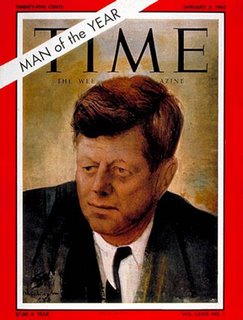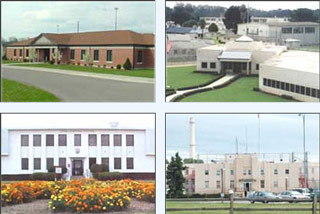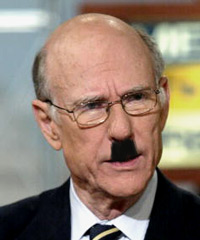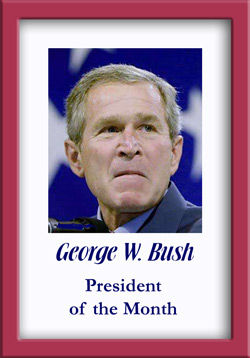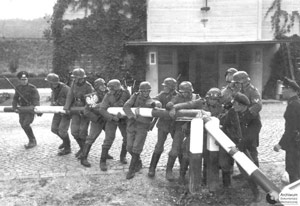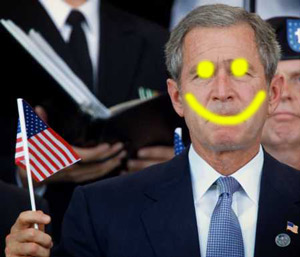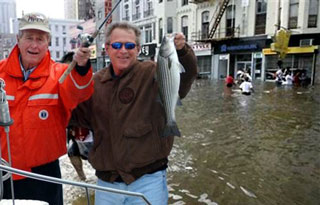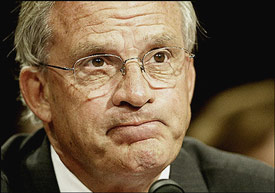Vice President Dick Cheney traveled to Kazakhstan on Friday for talks with President Nursultan Nazarbayev, seeking to maximize access to the vast oil and gas reserves in the central Asian nation with a troubled human-rights record. Cheney became the fourth top administration official to visit the former Soviet republic in recent months, underscoring the importance placed on a country that is strategically located and an ally in the war on terror, as well as rich in energy resources.
[snip]
Energy aside, one senior administration official said the vice president would prod Nazarbayev to make further democratic reforms in the country he has ruled since the Soviet Union dissolved in 1991.
"The government's human-rights record remains poor," according to a recent State Department report.
[snip]
Meanwhile, a private group said Kazakh authorities on Friday barred an opposition leader from traveling to the capital Astana for a meeting with Cheney.
Police refused to grant Galymzhan Zhakiyanov permission to leave his home city, the commercial capital Almaty, the For a Fair Kazakhstan Alliance said in a statement. Zhakiyanov and other leaders of the alliance were invited to meet with Cheney in Astana on Saturday.
Last month, Zhakiyanov and another opposition leader, Bolat Abilov, were barred from leaving the country for meetings with European officials. Sentenced to seven years in prison for abuse of office, Zhakiyanov was considered the Central Asian nation's highest-profile political prisoner before his early release in January.
[snip]
Along with its economic reforms, Boucher said, the nation "has an opportunity to achieve stability by upholding standards of democracy and human rights."
Nazarbayev has ruled the country, which shares borders with China and Russia, since the Soviet Union broke up, and recently was elected to what he has said will be his last term. The elections have been criticized for failing to meet international standards, but administration reaction has been muted. One official, who spoke on condition of anonymity, told reporters that the "trend, even though it's not as fast as we would like, is in the right direction."
Still, an opposition leader, Altynbek Sarsenbayev, was killed earlier this year, prompting protests.




